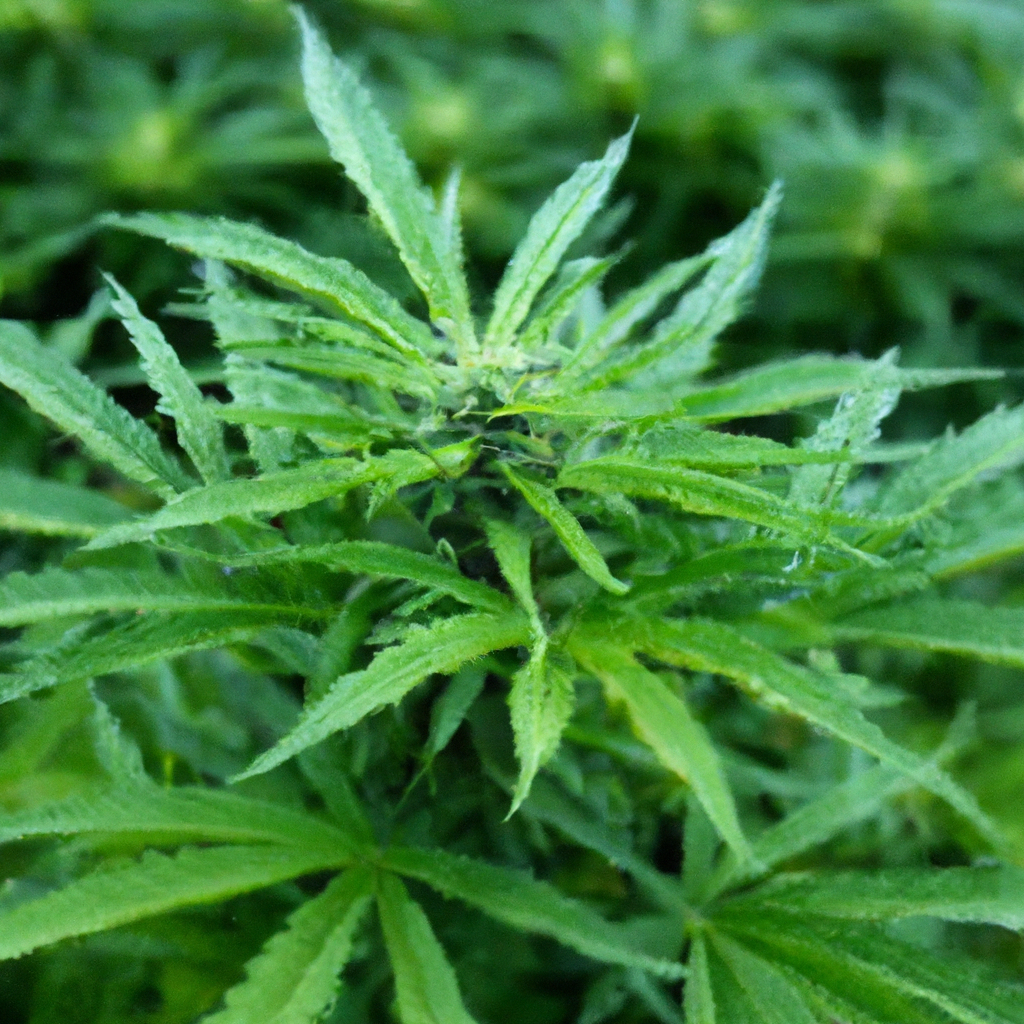Your cart is currently empty!
Organic cannabis cultivation goes beyond merely growing plants; it’s about fostering a balanced ecosystem that enhances both plant health and environmental sustainability. This practice benefits not only the cultivators and their consumers but also the planet at large. In this article, we explore the best practices for organic cannabis cultivation, emphasizing natural fertilizers, compost, and eco-friendly pest control methods.
Nurturing Healthy Soil Ecosystems
Healthy soil is the cornerstone of organic cannabis cultivation. It acts as a rich medium that provides plants with essential nutrients. Here are some tips for building and maintaining a thriving soil ecosystem:
- Compost Integration: Adding organic compost provides essential nutrients and enhances the soil structure.
- Use of Cover Crops: Plants like clover and alfalfa not only prevent soil erosion but also add valuable nitrogen back into the soil.
- Maintaining Soil pH: Ensure soil pH levels remain balanced to enable optimal nutrient uptake. Use natural pH adjusters like limestone for alkaline needs and pine needles for acidity.
Natural Fertilizers and Compost
Instead of synthetic fertilizers, organic growers rely on natural amendments that feed the plants sustainably. Here are popular options:
- Worm Castings: Rich in nutrients and beneficial microbes, worm castings promote vigorous growth.
- Fish Emulsion: This potent liquid fertilizer is high in nitrogen and works great in stimulating robust plant growth.
- Bat Guano: Provides a fast-acting dose of phosphorus, critical for flowering and fruiting stages.
Eco-Friendly Pest Control Methods
Maintaining a pest-free environment without synthetic chemicals requires strategic planning. Consider these methods:
- Beneficial Insects: Introduce natural predators like ladybugs and predatory mites to manage aphids and spider mites.
- Neem Oil: A natural insect repellent that also prevents fungal infections when applied appropriately.
- Companion Planting: Strategically plant species like basil and marigold to repel common pests with their aroma.
Benefits of Organic Cannabis
Organic cannabis cultivation offers numerous advantages for both the environment and the end-users:
- Environmental Sustainability: By eliminating synthetic chemicals, organic practices help maintain biodiversity and reduce pollution.
- Consumer Safety: Organic cannabis offers a cleaner product, free of residual chemicals.
- Enhanced Flavor and Aroma: The use of natural nutrients and a balanced ecosystem often result in richer terpene profiles, enhancing the taste and aroma.


Leave a Reply